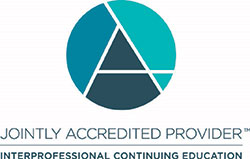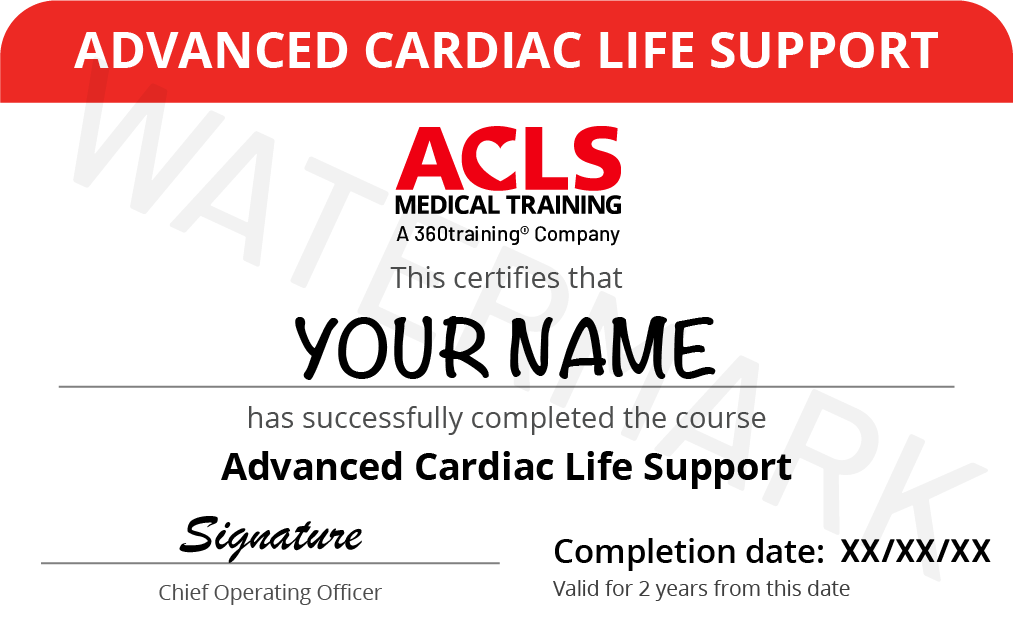Online BLS, ACLS, and PALS Certification & Renewal Courses
At ACLS Medical Training our vision is to improve outcomes by empowering individual paramedics, nurses, physician assistants, nurse practitioners and physicians. Our goal is to provide medical professionals with an innovative learning experience that helps to enhance the systems of care that save lives.
As our company name suggests, we started out by offering ACLS certification classes and over the years we added BLS, PALS, and Neonatal Resuscitation continuing education and certification, providing comprehensive online education for students and experienced medical professionals alike.
- If you are in school, our Education Center has over 20 hours of content to complement your individual clinical training. Our curriculum includes provider manuals, practice tests, megacode simulators, algorithms, and more.
- If you are seeking to renew your current certification, we offer a targeted refresher that conforms to the latest emergency cardiovascular care (ECC) guidelines and standards published by the International Liaison Committee on Resuscitation (ILCOR).
We pride ourselves on the quality, research, and transparency we put into our curriculum. All course materials were written and reviewed by our team of nurses, paramedics, and physicians, ensuring the highest possible quality and scientific accuracy. Our courses have been reviewed, validated, and accredited by Postgraduate Institute for Medicine so that we can assure the highest quality evidence-based learning experience possible.
We understand your time is valuable. You want straightforward, relevant continuing education that enables you to provide the highest quality care you can deliver. Most importantly, you want this education to conform to your schedule. That’s where we come in. You are in control of your continuing education, simply schedule enough time to learn the material and pass the examination.
Joint Accreditation Statement
 In support of improving patient care, this activity has been planned and implemented by the Postgraduate Institute for Medicine and ACLS Medical Training. Postgraduate Institute for Medicine is jointly accredited by the Accreditation Council for Continuing Medical Education (ACCME), the Accreditation Council for Pharmacy Education (ACPE), and the American Nurses Credentialing Center (ANCC), to provide continuing education for the healthcare team.
In support of improving patient care, this activity has been planned and implemented by the Postgraduate Institute for Medicine and ACLS Medical Training. Postgraduate Institute for Medicine is jointly accredited by the Accreditation Council for Continuing Medical Education (ACCME), the Accreditation Council for Pharmacy Education (ACPE), and the American Nurses Credentialing Center (ANCC), to provide continuing education for the healthcare team.




